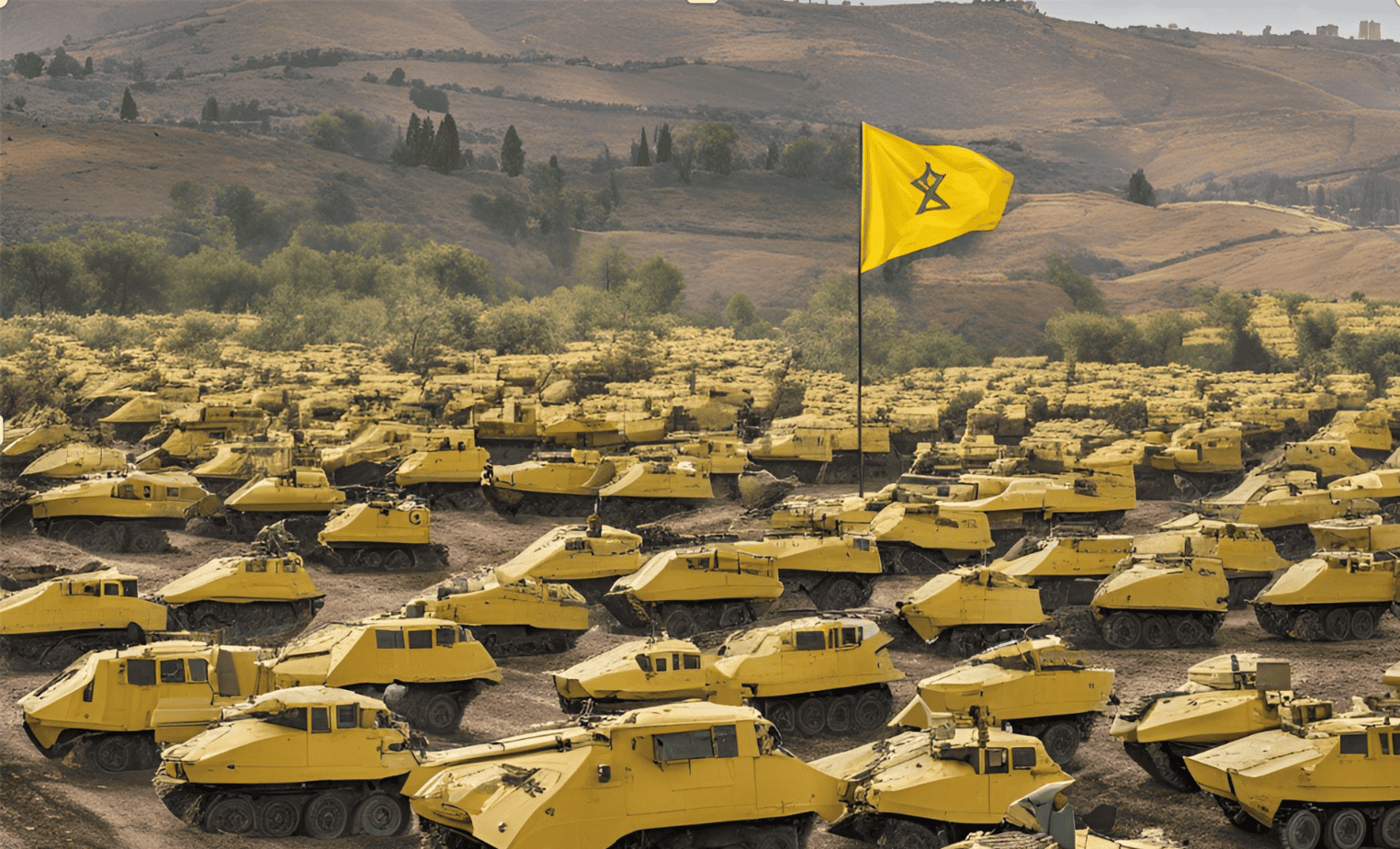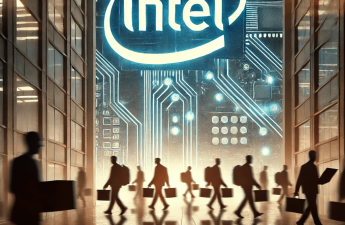The ongoing conflict between Israel and Hezbollah in Lebanon has escalated into a highly complex and fast-moving military situation. With the Israeli military conducting airstrikes, targeting Hezbollah leaders, and neutralizing weapons depots, the need for advanced technology to manage, predict, and respond to threats has never been greater. Artificial intelligence (AI) is emerging as a crucial tool for Israel’s military to enhance operational efficiency, minimize civilian casualties, and achieve strategic objectives.
Here’s how AI could be used by Israel to navigate and manage the Lebanon crisis more effectively.
1. **AI-Driven Intelligence and Surveillance**
The Israeli military, known for its robust intelligence capabilities, can further enhance its surveillance and intelligence-gathering operations using AI. In a densely populated and complex environment like Lebanon, AI-powered systems can rapidly analyze data from various sources such as drones, satellites, and ground sensors. These AI systems can:
– **Analyze satellite imagery** to identify potential Hezbollah targets, such as weapons depots, operational bases, or hideouts, even when they are camouflaged or hidden within civilian areas.
– **Detect abnormal movement patterns** by monitoring real-time data from drones, which can indicate the preparation of missile launches or the movement of key Hezbollah operatives.
– **Process signals intelligence** from intercepted communications, helping to pinpoint Hezbollah’s command structure and locate high-value targets, like Hassan Nasrallah and other leaders.
In the Lebanon conflict, AI systems could help process this vast amount of intelligence data quickly and efficiently, leading to faster decision-making and more accurate strikes, reducing the likelihood of civilian casualties.
2. **Precision Targeting with AI in Airstrikes**
One of the main challenges in any military conflict is minimizing collateral damage while maximizing the effectiveness of strikes. In this case, the Israeli military has carried out numerous airstrikes in densely populated areas, such as the Dahiyeh suburb of Beirut. AI can help improve precision targeting through:
– **Smart targeting algorithms** that identify and confirm targets more accurately by cross-referencing multiple data points, such as heat signatures, movements, and satellite imagery. This ensures that strikes hit Hezbollah weapons depots or operatives while avoiding civilian areas.
– **Predictive analytics** to anticipate Hezbollah’s movements, based on historical data, which can help Israel plan strikes more effectively and preempt enemy retaliation.
In particular, AI can assist in determining the best time for strikes, avoiding times when civilians are likely to be in the vicinity. This would allow the Israeli military to maintain its offensive while adhering to international humanitarian laws and minimizing civilian harm.
3. **Autonomous Systems and AI-Enhanced Drones**
Israel has long been a pioneer in the development of drones and autonomous systems. AI-powered drones can provide the military with an unparalleled edge in the Lebanon crisis by offering:
– **Real-time reconnaissance and surveillance**, allowing the military to monitor Hezbollah’s activities across multiple regions simultaneously. AI enables drones to autonomously identify suspicious activities and potential threats without requiring constant human oversight.
– **Autonomous strike capabilities**, where AI systems can be used to carry out targeted strikes on high-value Hezbollah leaders or infrastructure. This reduces the need for manned missions, minimizing risks to Israeli pilots and ground forces.
For example, autonomous drones could be deployed in Hezbollah-controlled areas to track the movement of rockets and missile launchers, thereby providing real-time data for the military to take immediate action. AI systems in drones can also assist in identifying the origin of missile launches aimed at Israeli cities, improving response times for air defense systems.
4. **AI for Missile Defense Systems**
Israel’s missile defense systems, such as the Iron Dome, have been critical in neutralizing Hezbollah’s rocket attacks aimed at Tel Aviv and other cities. AI can further improve these defense systems by:
– **Enhancing threat detection and interception**, where AI algorithms predict the trajectory of incoming missiles more accurately, optimizing interception points and increasing the success rate.
– **Prioritizing threats**, especially in cases where multiple missiles are launched simultaneously. AI can quickly analyze the trajectory and impact zone of each missile, allowing the system to prioritize which missiles pose the greatest threat to civilian areas.
This could prove especially useful in scenarios where Hezbollah launches massive rocket barrages. AI systems would help the Iron Dome make split-second decisions on which missiles to intercept, reducing the risk to Israeli civilians while conserving defensive resources.
5. **AI-Assisted Tactical Decision-Making**
In a fluid and rapidly evolving battlefield like Lebanon, military commanders need to make fast, informed decisions. AI-driven decision support systems can process enormous amounts of data and provide real-time recommendations to commanders. This is particularly important in situations where Hezbollah is using asymmetric warfare tactics, such as blending in with civilian populations or launching attacks from hidden positions.
AI can:
– **Offer predictive modeling**, where it simulates various battlefield scenarios based on real-time data, helping commanders understand the likely outcomes of different strategies.
– **Suggest optimal troop deployment and resource allocation**, ensuring that military assets are used efficiently and effectively.
For instance, AI might predict that Hezbollah will retaliate with rocket strikes after a high-profile leader’s death, allowing the Israeli military to reposition air defense systems and reinforce vulnerable areas in advance.
6. **Minimizing Civilian Casualties with AI**
In conflicts like the Lebanon crisis, civilian casualties are always a major concern, and international scrutiny can influence military operations. AI can help reduce collateral damage in several ways:
– **Target classification systems** that differentiate between military and civilian targets, reducing the risk of striking non-combatants. AI can be trained to recognize the visual signatures of military hardware, such as missile launchers or vehicles, versus civilian infrastructure.
– **Civilian movement tracking**, where AI analyzes patterns of civilian behavior in conflict zones. For example, if AI detects civilians evacuating a building, it can alert military planners to delay a strike, avoiding unnecessary casualties.
Using AI in these ways helps Israel maintain the ethical high ground while still achieving its military objectives against Hezbollah.
7. **Cyber Defense and AI**
Cyber warfare is a growing threat in modern conflicts, and both Israel and Hezbollah have the capability to carry out cyberattacks. AI plays a crucial role in defending Israel’s critical infrastructure and military networks by:
– **Monitoring and analyzing network traffic** in real time to detect and neutralize cyber threats before they cause damage.- **Predicting cyberattacks**, based on AI’s ability to recognize patterns in previous attacks, helping the military to shore up defenses preemptively.
With Hezbollah possibly attempting cyberattacks in response to the ongoing military strikes, AI can help Israel stay one step ahead in this invisible battlefield.
Conclusion
As the conflict between Israel and Hezbollah intensifies, the use of AI presents a powerful tool for the Israeli military to achieve its objectives while minimizing risks and casualties. From enhancing intelligence and surveillance capabilities to improving precision strikes, autonomous systems, and missile defense, AI has the potential to revolutionize how Israel conducts its military operations. As AI technology continues to evolve, its role in defense will become even more integral, offering Israel a decisive edge in conflicts now and in the future.
Thank you for reading. We hope this gives you a good understanding. Explore our Technology News blogs for more news related to the Technology front. AdvanceDataScience.Com has the latest in what matters in technology daily.



